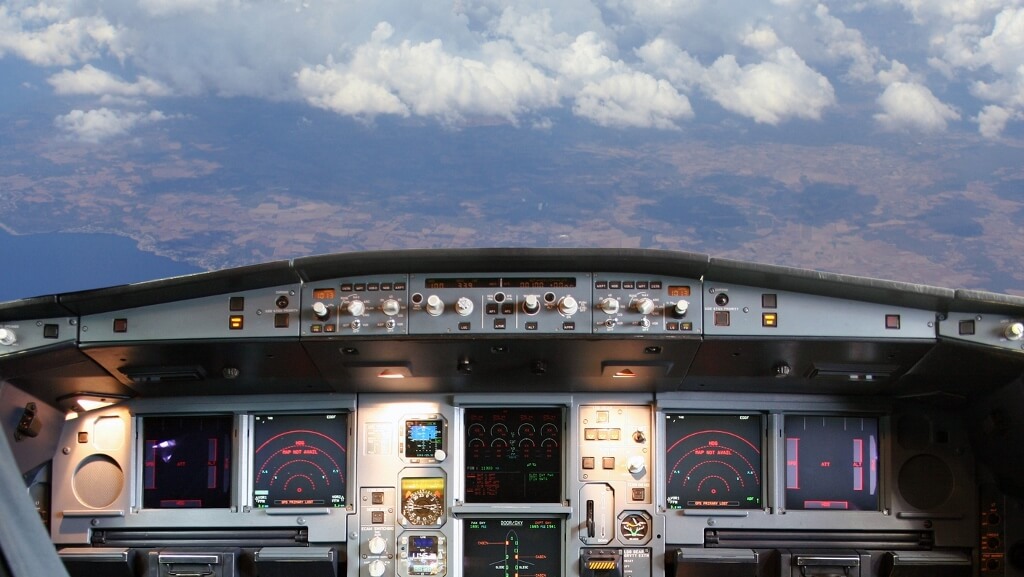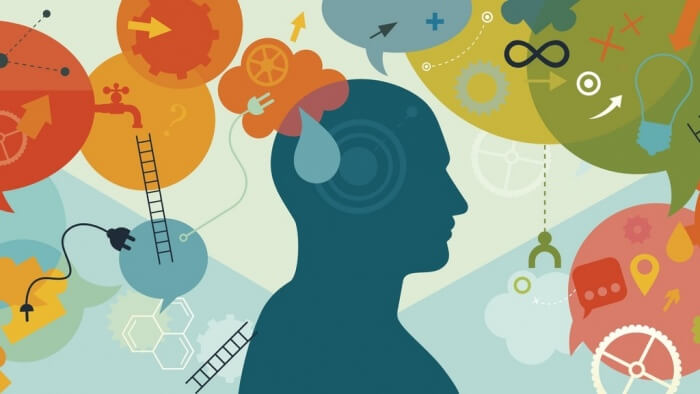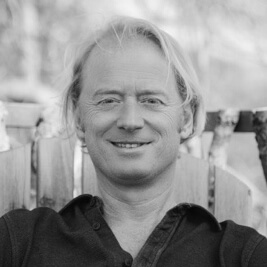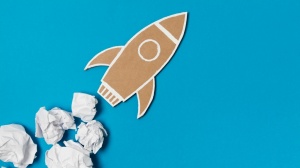In our busy lives it's easy to fall into routine and habit, but in doing so we close the door to exciting new experiences. Time to break free? Chris Baréz-Brown says yes.
The Case For Switching Off Your Auto Pilot
In our busy lives it's easy to fall into routine and habit, but in doing so we close the door to exciting new experiences. Time to break free? Chris Baréz-Brown says yes.

I am constantly amazed by how we make this life harder than it needs to. We have everything we need to lead the most extraordinary lives and yet part of our make up never lets us truly embrace it.
We spend 99,117 hours of our lifetime at work yet only 6 minutes a day laughing. Most days should be a ball. If you’re not enjoying your work; you are wasting life and indeed the life of others around you.
My life’s mission is to help people understand how they can make every day count.
As well as writing and speaking, I run workshops and events to help people and businesses such as Nike, Unilever, Britvic and MediaCom unleash their innate creative potential and build more engaged and productive teams. Over time, the key factor I have learnt is that until people become conscious leaders they cannot make that leap to be successful creative leaders.
The nature of life is such that we get carried away with our own busyness. Jobs become a big part of who we are and the way in which we manage our time means that we are constantly on the go. Much of our time is spent thinking about the past and the future and not about the present because our minds are overloaded.
To escape we switch on our autopilot setting.
Autopilot is an essential part of our design. Without it, we would be exhausted. It's our way of saving energy.
Our conscious brain is like a fuel hungry V8 engine. It uses more energy than any other human organ; up to 20% of the body’s total haul. Therefore, it is always looking for shortcuts to be efficient.
It's what we use when we are planning and thinking from first principles. When we learn new languages or instruments we tire quickly because it involves so much conscious thinking.
Our subconscious on the other hand is incredibly fuel-efficient. To carry on the analogy, it's more like a Tesla. The way that it saves energy is by looking at what you're experiencing today and seeing if it's vaguely familiar to something you've experienced before.
If there are some similarities, it assumes that today is like yesterday and therefore it can be dealt with through habit loops and routine behaviours.
This is an essential part of our design, however, over time, to escape the busyness, we become more habituated so that autopilot runs more of the show. It naturally chooses familiarity and habits over new and exciting experiences and therefore our life can become like groundhog day, a foggy blur where days, weeks and years fly by.
When you are on autopilot you are less likely to be able to see the uniqueness of a situation and do things you haven't done before. It makes you less sensitive to what's happening right now as everything is experienced through the lens of what happened before.
A few years ago, in a survey conducted by an accident prevention charity, 80% of respondents admitted to going through life on autopilot; arriving at the end of a car journey with no memory of driving there, buying the same item twice without realising, even turning up at the office on a day off. Some days we arrive at work and the next time we are aware is when we leave.
Days, weeks and even years can seem to fly by as our habit loops take over and live our lives for us. Although this is efficient on energy, it means that we are not as conscious or aware of ourselves and the world we live in.
Hence it is very easy to forget who we are and that we have boundless opportunities around us every day. When we are on autopilot we are a fraction of our real selves: We need to escape this setting so that we can shine more brightly.
The secret to doing so is to deliberately experiment with new and rich experiences that pique our attention and help us connect more with ourselves and the world in which we live.
Wake Up! is a series of human, playful exercises I have designed to do just that. Introduce them into your life one by one over a period of a few days or dip in as feels right for you - ‘I will help a stranger every day’; ‘I wont buy anything beyond food and water’; ‘On waking I will work out what is my one big thing of the day’… to help people break free of their habits and live a more fulfilled, engaged and creative life.
Many people find mindfulness quite challenging as the constant chatter from within can lead to frustration.
It works in that instead of going inside to go quiet, we actively do new things in new ways in our lives so that we connect more with the world in which we live, the people around us and then ourselves. In doing so we naturally get the benefits of balancing out our brains processing i.e. the conscious and the subconscious.
The aim of Wake Up! is to help us all have numerous things that we can do, that will help us feel more creative, engaged and alive every day.
We ran a research programme last year with Psychologies Magazine and the results were staggering: 96% of people who have taken part feel happier as a result and those who have had mental health challenges around anxiety, self-esteem and even depression have found that by following Wake Up! they have experienced very positive improvements in the way that they feel. All noted that they felt more open-hearted and open-minded.
When we tap into who we really are and learn how to get off autopilot deliberately every day, we have a genuine opportunity to make sure that every day counts.
Chris Baréz-Brown is author of Wake Up! Escaping a life on Autopilot is published by Penguin Life, Wake Up! the app is available at The App Store and Google Play.
Thanks for signing up to Minutehack alerts.
Brilliant editorials heading your way soon.
Okay, Thanks!




